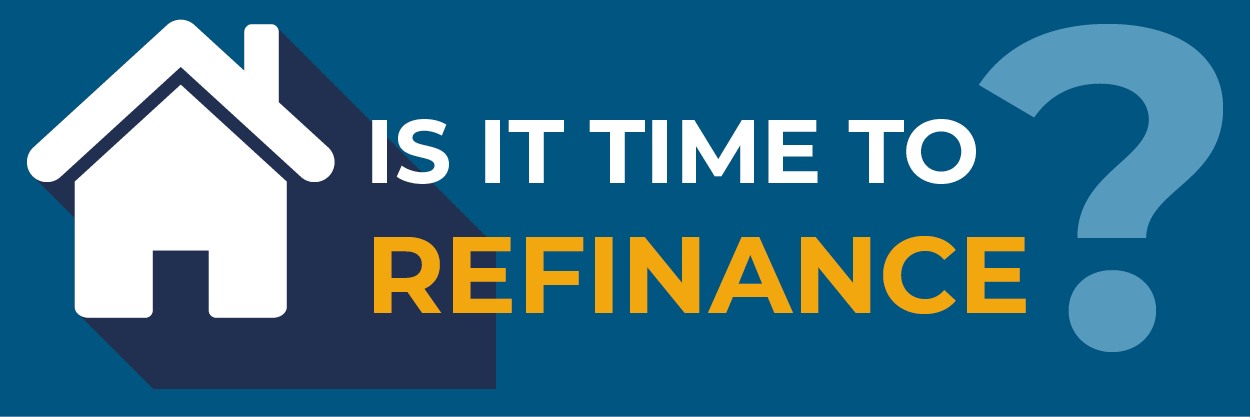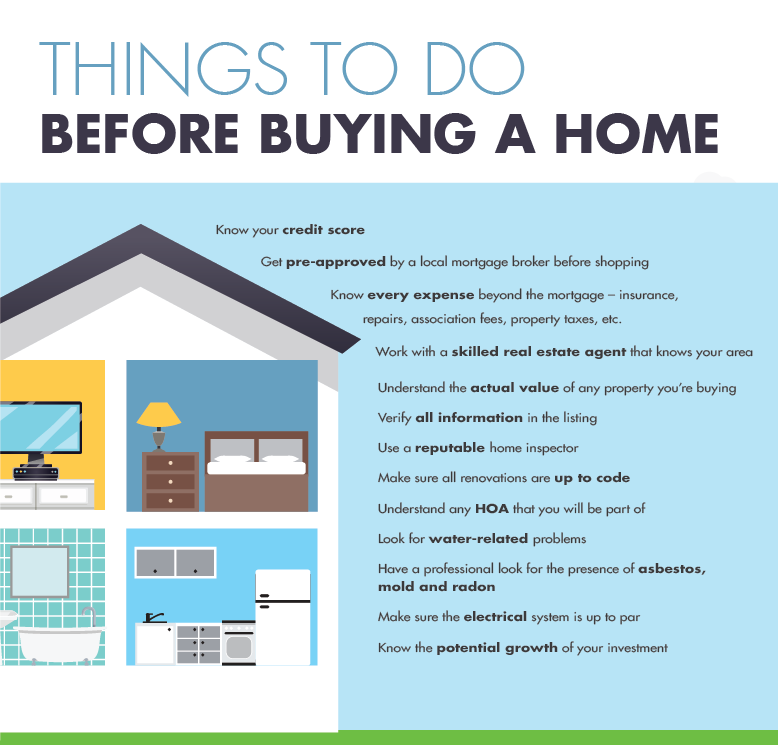Recent Posts
categories
Archives
- Tips to Lower your Electric BillPosted: 5 years ago
- 5 Easy Home Improvement Projects & Upgrades For the WinterPosted: 5 years ago
- Benefits to buying in the winterPosted: 5 years ago
- Cash In with a Cash-Out RefinancePosted: 5 years ago
- Mortgage MythsPosted: 5 years ago
- Q&A: All About Flooring — Hardwood, Carpeting, Tiling, LaminatePosted: 5 years ago
- Tip: 3 Foolproof Social Media Marketing TipsPosted: 6 years ago
- Tips for Hosting a Stress-Free Holiday DinnerPosted: 6 years ago
- Is a Mortgage Refinance Right for You?Posted: 6 years ago
- Check Your Disaster Supplies KitPosted: 6 years ago
- Create an Early Holiday Shopping BudgetPosted: 6 years ago
- 9 Ways to Make Moving Day EasierPosted: 6 years ago
- July 2018 Market Update – Twins Cities RegionPosted: 6 years ago
- Fall Homeowners ChecklistPosted: 6 years ago
- Scam Alert: Spoofed IRS Phone NumbersPosted: 6 years ago
- 15 Years of First Class MortgagePosted: 6 years ago
- How to buy a second homePosted: 6 years ago
- Q&A: Lawn Watering SecretsPosted: 6 years ago
- Troubleshoot Your Air ConditioningPosted: 6 years ago
- Your Mortgage, What to Expect: Clear To ClosePosted: 6 years ago
- Twins Cities Region Monthly Indicators – APRIL 2018Posted: 6 years ago
- Your Mortgage, What to Expect: UnderwritingPosted: 6 years ago
- Your Mortgage, What To Expect: Property AppraisalPosted: 6 years ago
- 3 Tips to Improve your Credit Score and Score a Lower Interest RatePosted: 6 years ago
- Changing Interest Rates Have A High Impact On Purchasing PowerPosted: 6 years ago
- The Myth of Multiple Mortgage Credit InquiriesPosted: 6 years ago
- Things to do BEFORE you buy a home.Posted: 6 years ago
- March Tech Tip: Pack Smarter With PackPointPosted: 6 years ago
- 4 Ways to Pay Off Your Mortgage EarlyPosted: 6 years ago
- Clean House in a HurryPosted: 6 years ago
- Your Mortgage, What To Expect: Document ReviewPosted: 7 years ago
- Chill Winter Utility BillsPosted: 7 years ago
- Six Tips to Help Your Home Sell This FallPosted: 7 years ago
- 4 Things to Know About Closing CostsPosted: 7 years ago
- Understanding Your Credit ScorePosted: 7 years ago
- Equifax Data Breach: What should you do now?Posted: 7 years ago
- Should You Refinance Your FHA to a Conventional Loan?Posted: 7 years ago
- 6 Ways to Save on Paint ProjectsPosted: 7 years ago
- Q&A: Mortgage InsurancePosted: 7 years ago
- How to Keep Your House Cool this SummerPosted: 7 years ago
- Mortgage Education: “What’s the Point?”Posted: 7 years ago
- Q&A: Spotting a Spoof SitePosted: 7 years ago
- Moving ChecklistPosted: 7 years ago
- Squash Marital Money SquabblesPosted: 7 years ago
- April 2017: Twin Cities Real Estate Market UpdatePosted: 7 years ago
- Your Spring Guide to Home StagingPosted: 7 years ago
- March 2017: Twin Cities Real Estate Market UpdatePosted: 7 years ago
- Don’t be a Victim — Four Ways Protect Yourself from Refinance ScamsPosted: 7 years ago
- Local Market Update: Minneapolis Area Association of RealtorsPosted: 7 years ago
- First-Time Homebuyers: Where to startPosted: 7 years ago
- Dear First Class Mortgage:Posted: 7 years ago
- First Class Mortgage. Our Expertise, Your Peace of Mind.Posted: 8 years ago
10
October
Is a Mortgage Refinance Right for You?
Posted by Are you looking to reduce your monthly mortgage payments, get a lower interest rate, convert your home equity into cash, or switch to a fixed-rate loan? Consider refinancing your home loan.
Are you looking to reduce your monthly mortgage payments, get a lower interest rate, convert your home equity into cash, or switch to a fixed-rate loan? Consider refinancing your home loan.
But before you jump into the refinance process, remember that everyone’s financial circumstances are different. Loan balances, interest rates, remaining months on the loan term – they all vary depending on each situation. However, there is one thing that is, and always will be, the same for everyone: math. And it’s only after you and your First Class Mortgage Consultant “do the math” that you should decide whether or not to refinance.
How does refinancing work?
Refinancing is the process of replacing an existing mortgage with a new loan. Typically, people refinance their mortgage to reduce their monthly payments, lower their interest rate, or change their loan program from an adjustable rate mortgage to a fixed-rate mortgage. Additionally, some people need access to cash to fund home renovation projects or paying off various debts and will leverage the equity in their house to obtain a cash-out refinance.
Goals for refinancing:
- Lowering your monthly payment: With a lower monthly payment, you are free to put the savings toward other debts and other expenditures or apply those savings towards your monthly mortgage payment and pay off your loan sooner.
- Remove private mortgage insurance (PMI). Some homeowners who have enough property appreciation or principal paid off will not be required to pay mortgage insurance which will reduce your total monthly payment.
- Reducing the length (term) of your loan. For homeowners who took out a mortgage in the early stages of their career, a 30-year mortgage may have made the most financial sense. But for those who want to pay off their mortgage sooner, reducing the loan term can be an attractive option.
- Switching from an adjustable-rate mortgage to a fixed-rate loan. When you have an adjustable-rate mortgage, your payment can adjust up or down as interest rates change. Switching to a fixed-rate loan with reliable and stable monthly payments can give homeowners the security of knowing that their payment will never change.
- Using the equity in your home to take out cash. With rising home values, you may have enough equity to take out a cash-out refinance. This money can be used to finance home improvements, pay off debts or to fund large purchases.
Regardless of your goal, the actual process of refinancing works much in the same way as when you applied for your first mortgage: you’ll need to collect financial documents and submit a mortgage refinancing application before you can be approved.
Is Now the Right Time to Refinance?
Ultimately, it’s critical to crunch the numbers to see if refinancing makes sense for you. Our website has a refinance mortgage calculator designed to help you calculate what your new payment would be.
Even if you’ve been unable to refinance in the past, loan programs and rates are always changing. These changes, along with rising home values in many markets, may enable you to reduce your rate or lower your monthly payments.
But you don’t have to go at it alone! Our mortgage consultants are always ready to answer your questions and guide you along the path to a successful refinancing.
09
July
How to buy a second home
Posted by Lake season is here! If you are considering purchasing a vacation property, now is a great time. No matter what type of vacation property – lakeshore, rural or urban — you’ll follow the same basic steps when it comes to financing a second home. Here are some things to consider as you purchase a second property.
Lake season is here! If you are considering purchasing a vacation property, now is a great time. No matter what type of vacation property – lakeshore, rural or urban — you’ll follow the same basic steps when it comes to financing a second home. Here are some things to consider as you purchase a second property.
Setting a budget:
When financing a second home purchase, it’s essential to get in touch with a mortgage consultant BEFORE you begin your property search.
Together with your mortgage consultant, we will help you determine a budget that takes into account, maximum mortgage payment, annual homeowner’s insurance policy, and taxes.
While these additional expenses are not factored into your mortgage scenario, other costs to keep in mind are travel costs – to and from the property, regular maintenance & repairs, utilities, furnishings, and household items.
Financing a second home:
While some people can afford to pay cash for a vacation home, financing makes more sense for a majority of future second homeowners. Here are two options to consider:
Conventional Loan:
Financing a second home is different than purchasing a primary residence. FHA home loans are not an option since they can only be used to buy a primary residence. That leaves a conventional loan, which you have to qualify for on top of any mortgage debt on your primary home.
Typically, you will need to make a down payment of at least 10 percent, meet credit standards and debt-to-income requirements, and provide documents for income and asset verification.
Cash-out Refinance:
Home values are on the rise across the country. Because of this, many homeowners have built substantial equity in their primary residence in just the past few years. Cash-out refinancing can be an excellent way to liquidate your home equity and then use it to purchase a vacation home.
Rental vs. Vacation Home
For some, owning a vacation home may sound like an unattainable dream. But, with the rise of services like Airbnb, it is now easier than ever to receive occasional rental income.
If you do plan to rent the property out, know that financing is different for rental homes and vacation properties. Qualifying is more straightforward when purchasing a property as a second home.
Finding your dream
The market for lake homes is heating up, and new properties are being added to the market daily. If you are not already working with an agent, we would be happy to recommend some REALTORS that specialize in lakes country. They will take the time to help you find your perfect home away from home.
Once you have found a property, your First Class Mortgage consultant will help you determine the best way for you to purchase it.
31
May
Your Mortgage, What to Expect: Underwriting
Posted byWe are now at the halfway point of the mortgage process. Underwriting.
What is mortgage underwriting?
During the mortgage underwriting stage, your application moves from the desk of the loan processor to the mortgage underwriter. The mortgage underwriter will ensure your financial profile matches your lender’s guidelines and loan criteria and he or she will ultimately make the final decision: to approve or deny your loan request.
How Underwriters Assess Risk, the “Three C’s” of underwriting:
- Capacity: Do you have the means and resources to pay off your debts? Underwriters assess your available resources by reviewing your employment history, your income, your debts and your asset statements. (Note: If you are self-employed, you may be asked to provide much more documentation of your income and work status.)
They will also review your savings, checking, 401(k), and IRA accounts to ensure you can still pay your mortgage if you lose your job or become ill. Underwriters will pay particular attention to your debt-to-income ratio; they want to make sure you have enough money to fulfill your current financial obligations, as well as take on a new mortgage. - Credit: Do you have solid repayment and credit history? Your credit is one of the most critical factors in the loan approval process. The underwriter will review your credit score to see how you have handled past bills (like auto loans, student loans, and home equity lines of credit) and predict your ability to make the proposed mortgage payments on time and in full.
- Collateral: What is the value and type of property? The mortgage underwriter must make sure the loan amount meets the loan-to-value requirements of the product. Otherwise, in the case of a default, a lender may not be able to recover the unpaid balance of the loan. An underwriter will typically order a home appraisal which will assess the home’s current worth.
Also, the underwriter will likely review the type of property you are looking to buy, because different kinds of properties carry different risks. For example, many lenders consider an investment property a riskier investment; this is because, historically, a borrower is more likely to walk away from an investment property than their primary residence in a difficult financial situation.
Ready to get started? Give us a call or fill out an online application: APPLY ONLINE HERE.
Source: www.PennyMacUSA.com
02
April
Things to do BEFORE you buy a home.
Posted byWhether it is your first home or you’re already a homeowner, there are some critical thing you should do before a move to a new place. Here are 13 things that will help make your next move easier. 
- Know your credit score. Your score
- Get pre-approved by a local mortgage broker before shopping
- Know every expense beyond the mortgage – insurance, repairs, association fees, property tax, etc.
- Work with a skilled real estate agent that knows your area.
- Understand the actual value of any property you are buying
- Verify all the information in the listing
- Use a reputable home inspector
- Make sure all renovations are up to code
- Understand any Home Owners Association that you will be part of
- Look for water-related problems
- Have a professional look for the presence of asbestos, mold, and radon.
- Make sure the electrical system is up to par
- Know the potential growth of your investment
17
January
Your Mortgage, What To Expect: Document Review
Posted byGetting ready to buy a home?
This short video will help you understand the first step of the mortgage process for home buyers: the initial document review. Find out what to expect and learn what the mortgage lender or broker will look at and analyze during the review process.
Ready to get started? Give us a call or fill out an online application: APPLY ONLINE HERE.

